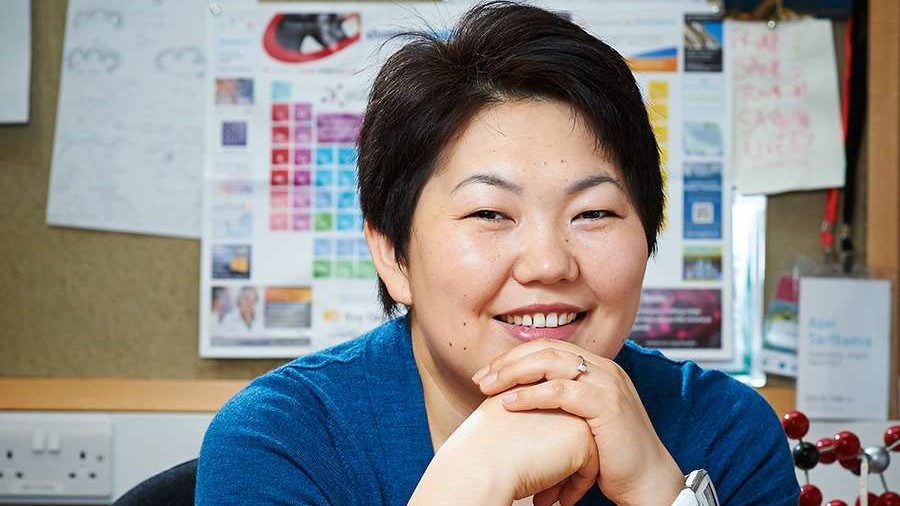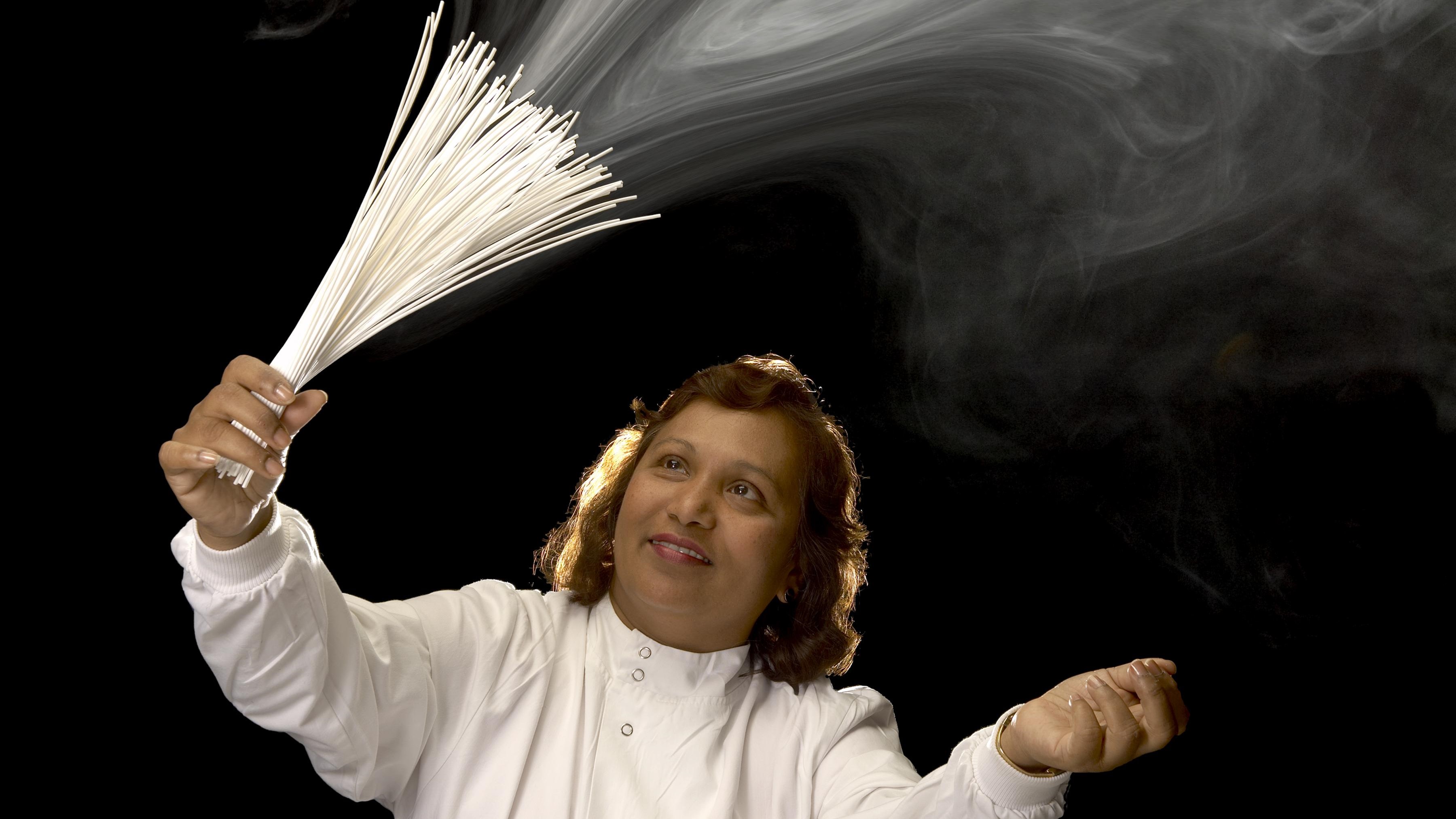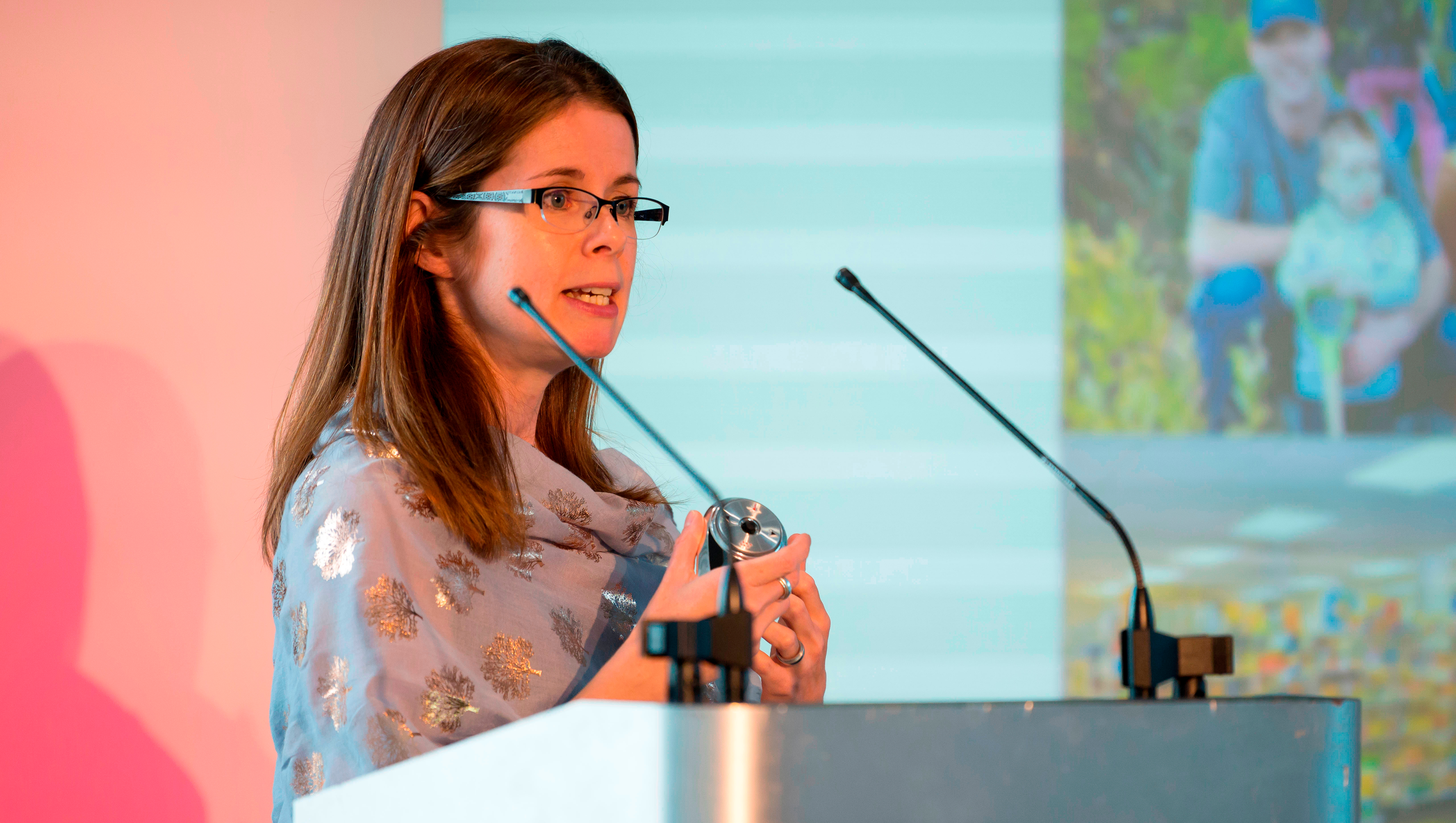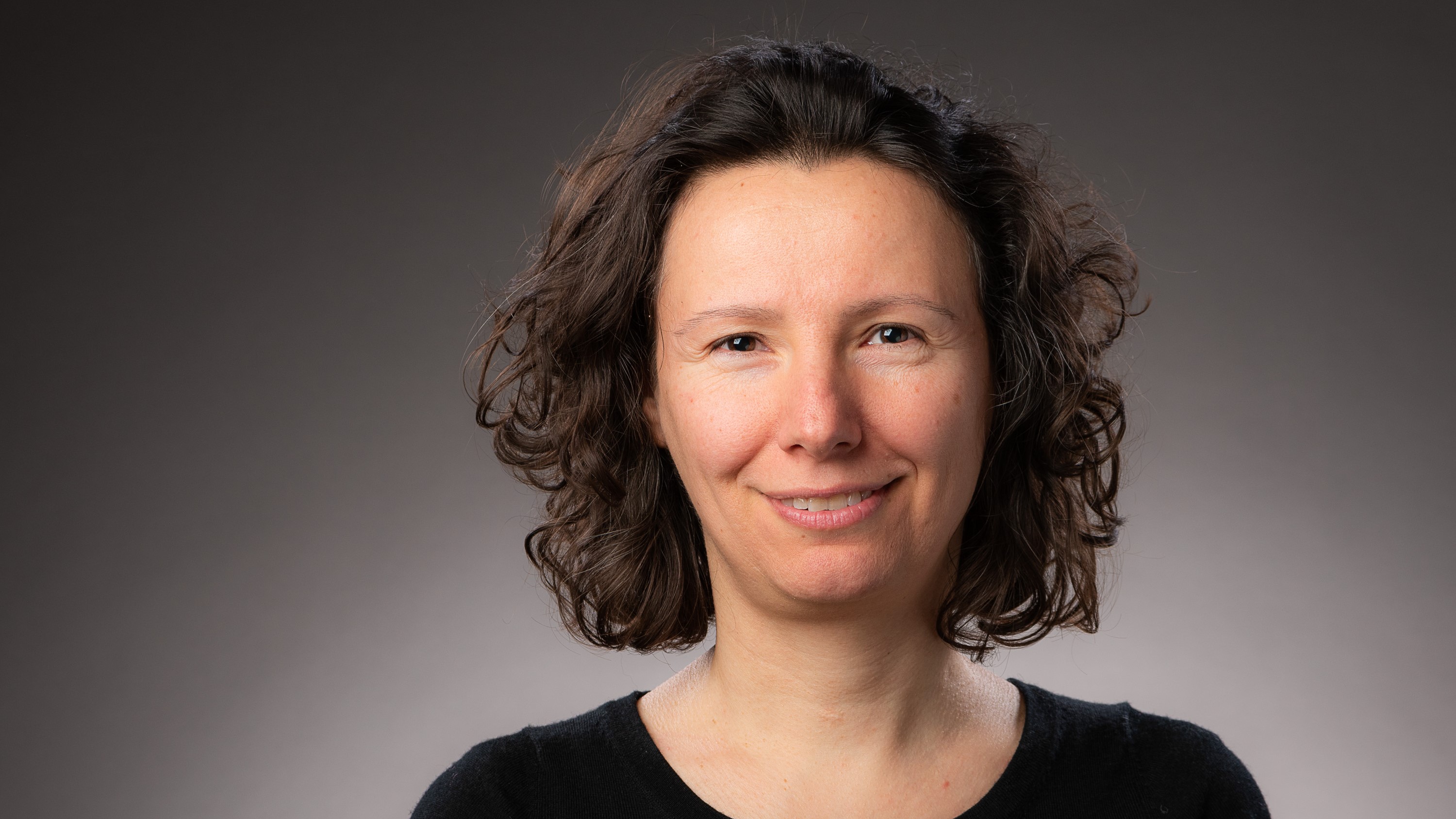
It was 1967 and a 24-year-old student named Jocelyn Bell had just discovered pulsars, a previously unidentified type of star. It was a discovery worthy of a Nobel Prize – however, this was presented to her male PhD supervisor instead. Just over 50 years later, Jocelyn was officially recognised for her achievement with a $3 million Special Breakthrough Prize in Fundamental Physics. She donated her winnings to create scholarships for under-represented groups to study physics.
She explains:
“I reckoned that it was because I was in a minority and working very hard that I spotted the pulsars. So I thought that if we can get more people from diverse backgrounds involved in physics, it might well be good for physics research and it would certainly be good for those individuals.”
As a student at Cambridge, Jocelyn was one of the few women among men who were “entirely confident in their abilities and right to be there”. Her way of coping? “I made sure I did my very best work, so I didn’t let the side down.”
Jocelyn was part of a research group looking for quasars – the brightest and most distant known objects in the Universe. It was her job to analyse the data from a telescope, which churned out hundreds of metres of chart paper every day. Analysing every inch by eye, she spotted a tiny anomaly that led to her discovery.
The wrong type of attention
“My peers were very cross that I didn’t get the Nobel Prize. They called it the No-Bell,” she recalls. “But I was actually pleased that the committee had finally recognised there was good physics in astronomy.” Jocelyn received some media attention, but unfortunately for the wrong reasons. “They wanted to know my measurements and how many boyfriends I had, and photographers would ask me to undo more blouse buttons.”
The day she wore her engagement ring to the lab, her colleagues assumed her career was over. But she had fought for her future – ever since school, when she insisted on being taught science with the boys instead of knitting and cooking. Societal pressure worsened once she became a mother, but Jocelyn persisted, taking part-time positions to continue studying the stars.
As she ascended through the ranks in academia, however, it became obvious how few women occupied senior positions. These days, the Athena Swan awards exist to promote and support gender equality. Jocelyn was a founding member. “Things have changed hugely in my lifetime,” she reflects. “Now it’s normal for women to advance in their professions and there’s more childcare, although still not enough… Covid-19 has shown us that it’s still not equal. There’s still some way to go.”
Jocelyn is renowned across the globe – being awarded the Royal Society's prestigious Copley Medal in 2021 – but we’re proud to also know her as our Dean of Science from 2001 to 2004, and a member of our honorary graduate community. Today, Bath’s astrophysics group – led by Professor Carole Mundell – are building on her scientific research and work to support diversity in STEM.




